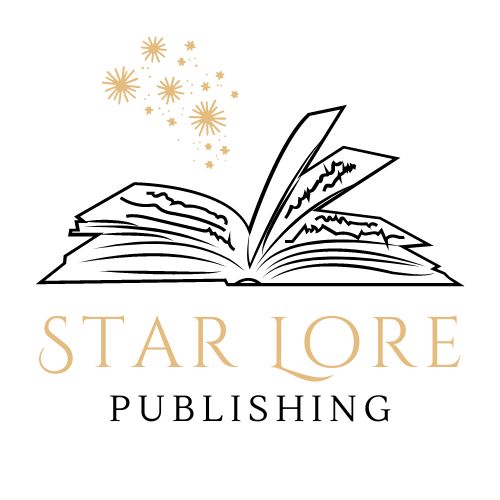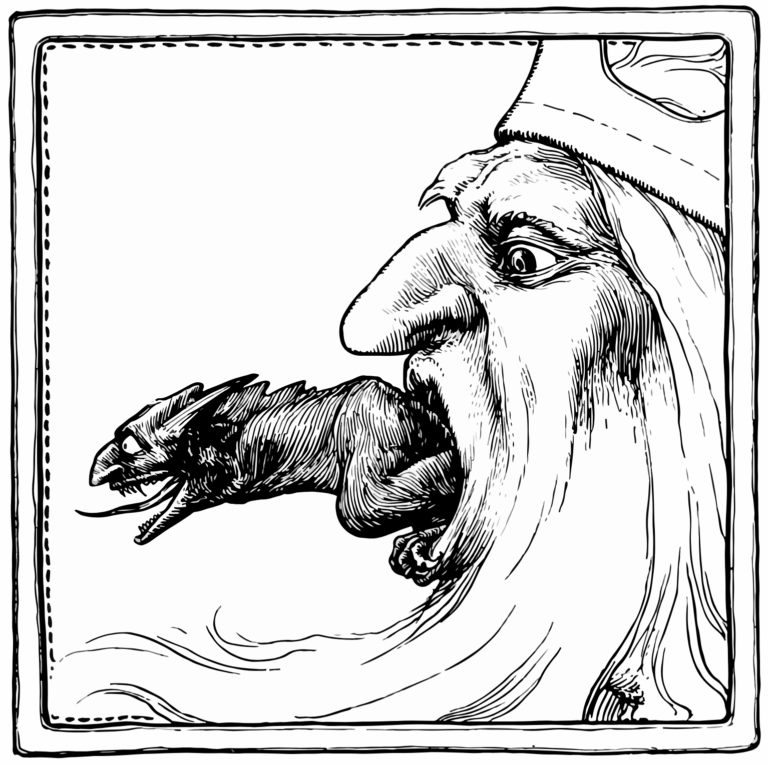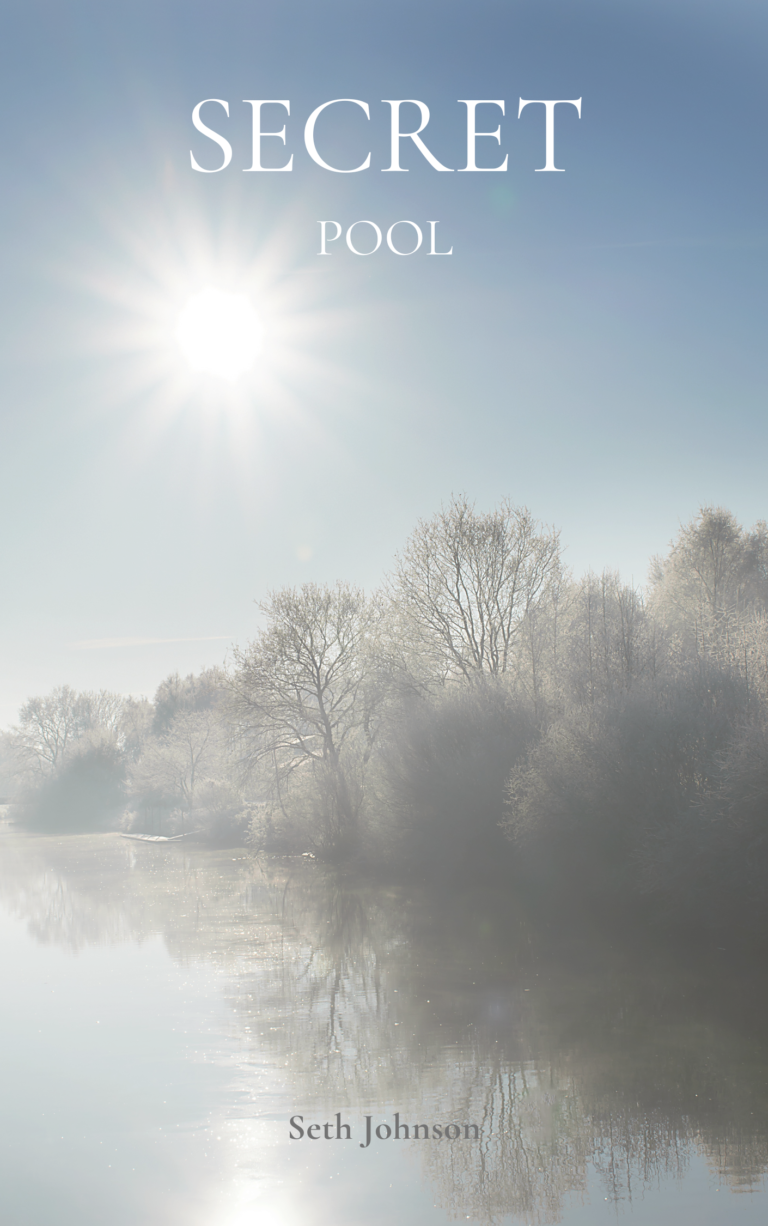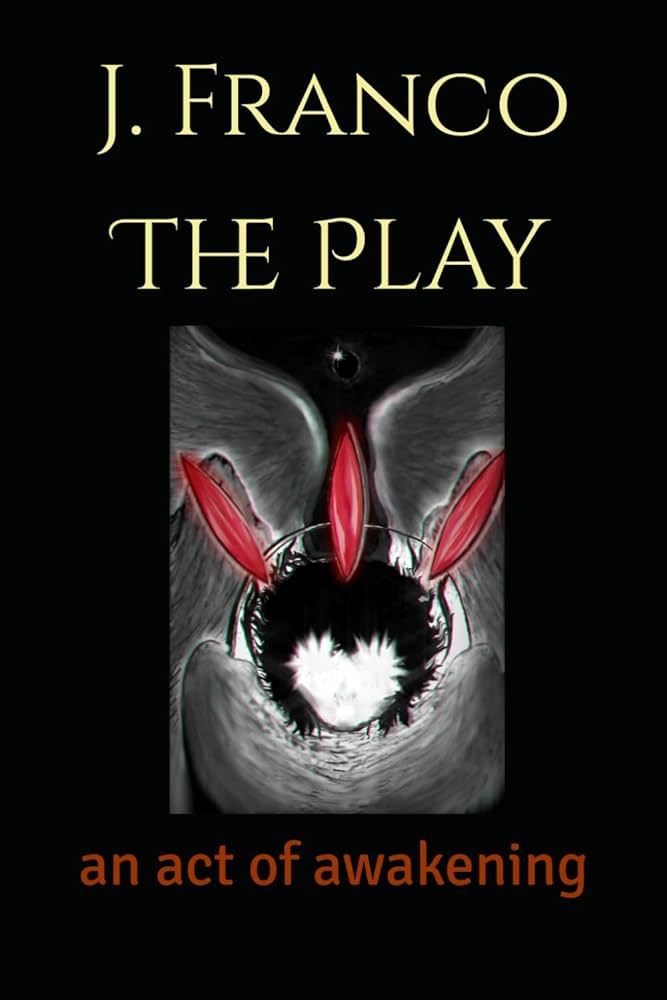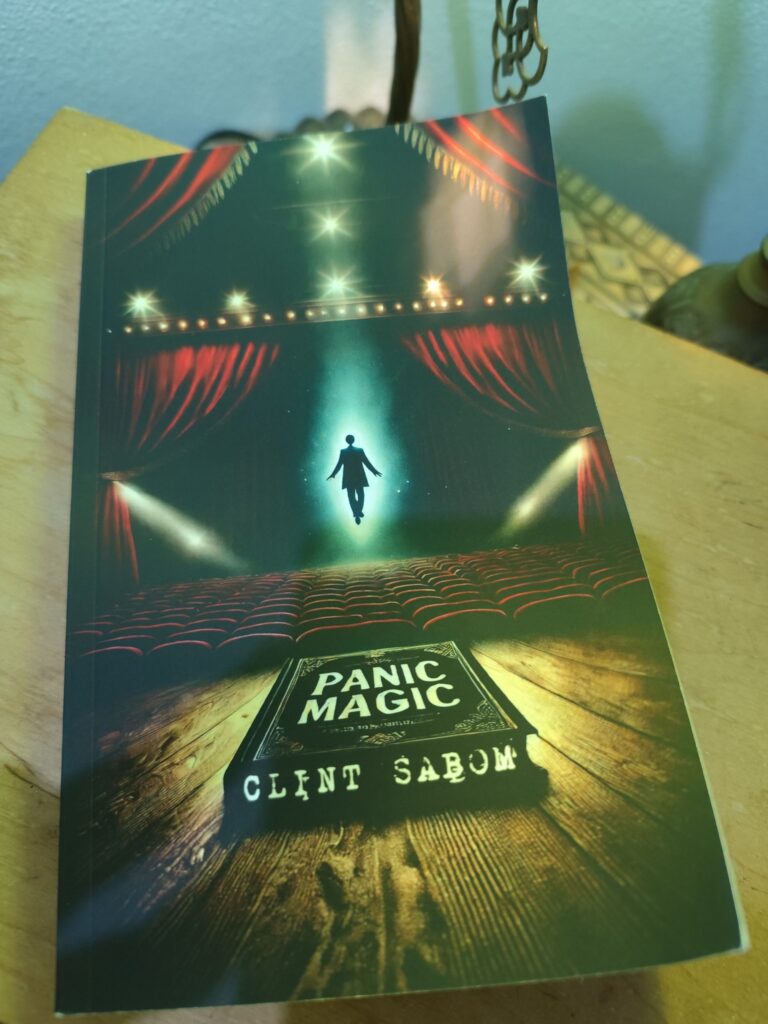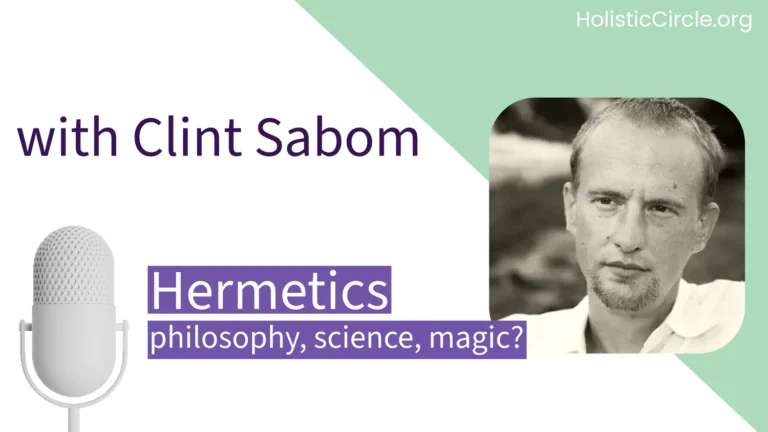INTERVIEW: J. FRANCO ON “THE PLAY – AN ACT OF AWAKENING”
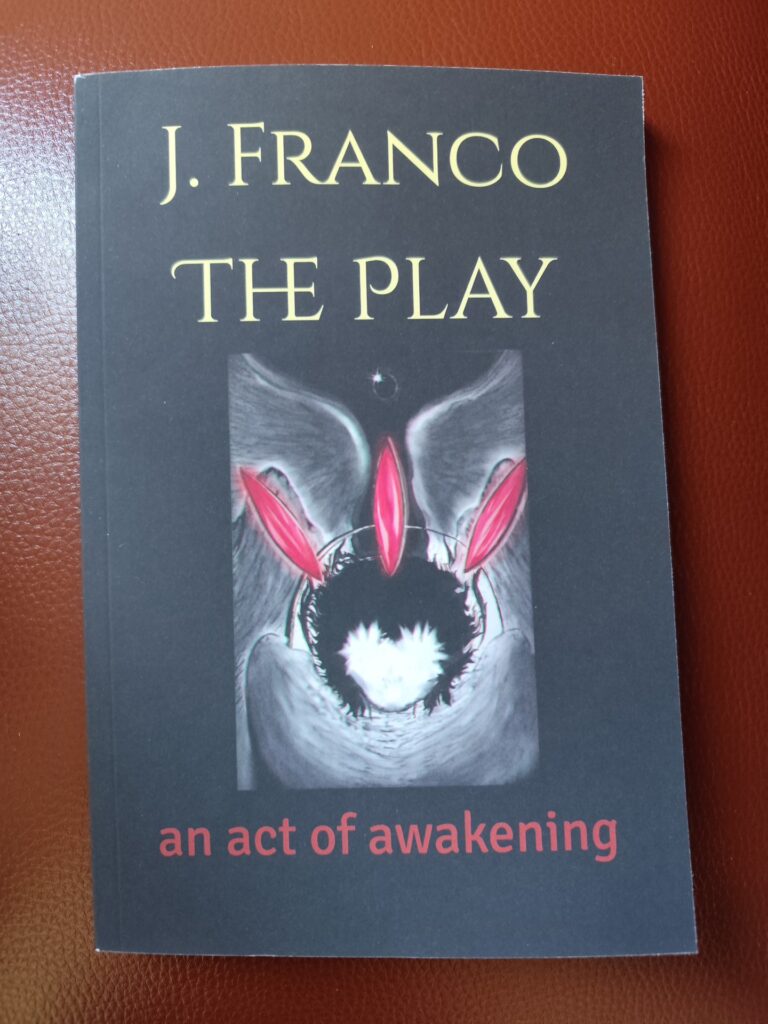
Q: J. Franco, thank you for joining us. The Play – an act of Awakening is introspective and philosophical. Let’s start with the basics: What inspired you to write this book?
I have always enjoyed writing and for many years had a desire to write a book; however, the theme of this book is not something I would have ever imagined writing before. Through a series of personal events, I found myself on a path of wanting to know more about how the mind works. I think mainly because I had been experiencing a lot of anxiety throughout my life, and it was something I was trying to resolve.
I believe it was that thinking that led me onto a more spiritual path, as I searched for ways either to work through whatever fears played in my mind that caused my anxiety, or instead find a more peaceful way of dealing with my perceived issues. After speaking with David Bigham in March 2024 and obtaining more clarity on what it was that I was going through from the perspective of non-duality, the idea of putting my journey in writing started to form.
Q: The book reads like a poetic ritual of awakening. It’s structured almost like a script, divided into acts and scenes. Why this format?
At first, I began to write it as a self-narration of my own experience beginning with childhood, and it was going to follow the standard chapter format of most books. The idea being that I would move through the events of my life in a somewhat retrospective manner to recount certain key events that lead to my seeking, and eventually to my current understanding of Life along with my purpose within it. However, the words that came through didn’t seem right. It felt forced and uninspiring.
In the end, I didn’t get too far with that first draft.
Instead, a voice within began to speak in a somewhat lyrical style, narrating about experiences most of us can relate to rather than being about my personal experience. From there, the idea of moving through the different stages of descent into the human form and back to awakening came about, along with the name of the book. Once I decided on the title, the idea of structuring it into acts of a play also emerged and it seemed more fitting.
Q: In the Denouement, you write from the perspective of “Creation” itself, addressing the reader. What was your intention there?
Originally, that final act was written in my own voice as a means to explain, from a more introspective view, all that had gone on during the first three acts. However, that voice stood out in sharp contrast to the more lyrical one in the first part of the book. I had a friend read it and they also agreed that the flow was not the same with the Denouement.
I struggled to find the proper way to convey that final message and I had to walk away from it for several weeks as the mind objected with the notion of having to rewrite it. I kept trying to figure out how to re-create the voice that flowed so well in the first half of the book and bring that into the Denouement, but it just wasn’t happening. At some point there was a realization that the voices had to be distinct, as the ‘person’ couldn’t also be the one to reveal the mystery, because once one knows the Truth they are no longer the person but have merged back into the Divine Self. Therefore, only the divine self can be the narrator of this final act.
With that realization, a new voice entered in my thoughts. It was purposeful and knowing. It didn’t speak with the hurried cadence of the ‘person’ but spoke with a calm detachment. Although the flow is quite different in the Denouement, the change in tempo emphasizes that there is a different entity speaking.
Q: Your journey involved influences from Jose Silva, Jeffrey Allen, Neville Goddard, and David Bingham. How did these figures influence your understanding?
Oddly enough, I first came across Jose Silva when I was working in real estate and had been looking at books about sales strategies. I have always been more introverted and having to constantly reach out to new clients was often overwhelming for me, so I was searching for ways on how to overcome the internal beliefs that seemed to hold me back. I came across a sales strategy book by of Jose Silva, and learning about his views on the power of the subconscious mind took me on a deep-dive to better understand what that meant. At the outset, there wasn’t any kind of spiritual seeking, it was fairly ego motivated.
From there, I discovered MindValley, as it offered a 30-day program on the teachings of Jose Silva. MindValley itself is a virtual personal growth and development platform. Which is funny because the idea of ‘personal growth’ in such a structured way was also something that I had never taken much interest in, along with any kind of spiritual development. Although retrospectively, I can see that I was always a spiritual seeker.
It was through this online platform that I discovered a course on duality taught by Jeffrey Allen. It was after this that I really began to take a more serious interest in the more spiritual side of things as I shifted from wanting to achieve outcomes aligned with materialism, to seeking a better understanding of who we are, and more specifically to find my purpose in this world – something that I had thought upon since childhood. As I moved through Jeffrey’s course, I realized that I had been controlled by anxiety most of my life. I hadn’t necessarily labeled it that, but as his teachings began to create inner peace for me, I saw how misaligned I had been with my spiritual self, and that anxious thoughts had been my normal energetic state.
However, when I read Neville Goddard’s books, that was when I really understood just how powerful we are in creating the outcomes that are our lives. There was also a resonance with his views of our role as creators, as if deep inside I had always known this truth but I was now remembering again. The things he said made a lot of sense to me.
Finally, with David Bingham, I was able to really make sense of all this knowledge. He has such a coherent way of explaining our existence that I finally saw the extent of who I really was and I understood the true meaning of what non-duality is – as the concept was still quite new to me. After my conversation with David, I better understood the grand design of the universe along with my purpose within it. I was also able to recognize all of the synchronicities and desires that I had experienced throughout my life, and I could see that they were signposts guiding me to where I am now.
Q: One of the themes is the internal “voice”, often judgmental, fearful, relentless. What is that voice, in your view, and how do we live beside it?
For me, the ‘voice’ is my individual ego self. It is a compilation of all programs and past experiences that have been heaped into my human character. This includes potential past life experiences, childhood experiences, and even traumas and experiences from close family members that have been projected into my own character. All of these have evolved, (and continue to do so as long as I am still in human existence), and have merged together forming the personality that is ‘me’.
In my experience, simply understanding that the ‘voice’ is not who I really am, but just a misguided ‘friend’, has brought me incredible relief. The 3am anxiety wakeup call that was a constant for me before self-realization, has now greatly subsided. That doesn’t mean that it never wakes me up anymore, but now I can listen to it without personalization. I see it for what it is: energetic noise. It is like a sticky residue that is slowly dissolving from my true self. Awakening for me has been more of a gradual process, so I feel that I am still in the stage of ‘discovery’. I am still working through peeling off the layers of the veil that holds the ‘voice’ to my being. But every time a new ‘aha’ moment arrives, a layer dissolves and my inner peace grows stronger.
Q: The book ends on a powerful note of wholeness and silence. Are you suggesting that awakening is the end of the journey?
Not in my experience so far. The description in The Play is merely a pointer of what that first moment of self-realization can feel like – the moment when the world’s noise and movement stop as the mind drops away, and the awakened individual experiences true peace for the first time
I see awakening as being an ongoing process, I’m not sure that it ever ends while we embody a human form. I believe that there are different stages that we can move through, as we evolve into higher forms of consciousness, but the choice to return into the character that experiences everything is always there. I think that as long as we remain here, on this earth, the journey continues. Awakening is just seeing this existence for what it is. We see the part we have played all along, and we discover the part that we can have instead – which is most likely not the same.
With awakening, you internally become someone completely different while externally, everything stays the same. In my experience, most people don’t even notice that there is anything different about me because I am still living in this life and going about my daily responsibilities as a wife, mother, friend, co-worker – I slip into all of my characters each day because that is my human experience and I can only continue to evolve in this form. Internally though, there is a gentle peace and a slowing of the anxious thinking stream that the voice continues to narrate. More often now, I can just listen to the voice without getting caught up in its effort to distract, and moments of clarity and inner silence are increasing as my understanding continues to develop.
Q: You’re working on a follow-up. Can you give us a glimpse into what that will explore?
Yes, I actually started working on my next book while I was still wrapping up The Play. As I delved deeper into my understanding of ‘awakening’, I began to hear a new dialogue in my mind that didn’t fit into The Play, but I felt compelled to write it down anyway. This next book is going to be more of a Q&A between the human self and the divine self, as the human seeks to know more about our existence and divine purpose. It is meant to address questions the reader may have about non-duality and self-realization, and to provide them with more insight on topics such as: our purpose, finding presence, the power of manifestation, karma, the roles emotions and energy, and a few others.
Q: How does your personal journey, especially not identifying as a conventional spiritual seeker, inform the story?
Since I am fairly new to the concept of spirituality, I am not overly knowledgeable of many spiritual concepts. I think that overall, the language in The Play is fairly direct and speaks in terms that everyone can understand, and hopefully relate to, without needing some background knowledge of spiritual teachings. I see it as a story that can appeal to anyone regardless of where they are in their journey, and especially to those that don’t even realize they are on a journey at all – much as I was when I first started down this path.
Q: What role does forgetting and then remembering play in the structure of awakening, as you present it?
I think that ‘forgetting’ is our initial consent to embark on the journey of awakening. Meaning that we, as the Infinite Being, can only fully experience our infinite, omnipresent nature by descending into its complete opposite – something that is finite and limited. However, if our Knowing remained in this new form, there would be no point to the journey. The divine knowledge is therefore ‘forgotten’ but not removed, as removing it completely would also make the journey pointless since there would be nothing to return to.
Forgetting occurs through the rise of the ego. As we allow others to dictate the terms of this game, (which begins in childhood), we also consent to the inner entity of the ego that wants to lead us on its own self-empowering journey. The more we hand our consciousness over to the ego, the stronger it becomes until its voice occupies all of our waking hours. Eventually, we ‘forget’ so completely, that we believe that we are the voice of the ego, and the separation from our true self is complete.
The ‘remembering’ portion of our journey is rediscovering the truth that was always available to us. Many, including myself, often laugh at the moment of rediscovery because the simplicity of the whole thing is suddenly so obvious that we wonder how we didn’t see it until then. This comes in that first moment when, once again, we hear the voice as being completely separate from our true self. The absurdity that we thought the voice was us is so comical one can only laugh, and in that moment, awakening begins.
From there, negative emotions and sensations can also be seen as separate from the true self. All of these simply flow through us but they are not who we are. We have become conditioned into believing that they define our character, but they are completely separate from our being. With awakening, we see ourselves as the ‘unchanging’ observer that merely watches the changing forces of nature that move around us, but can never really affect our true being.
Q: The Play speaks of effortless awareness and unity consciousness. How can readers begin to access these states in their own lives?
Being able to access effortless awareness is so simple that most of us don’t realize when we are doing it, even though we do it quite often. First, one has to see the distinction between the internal voice and their true self. Effortless awareness comes in when you can sit as the observer and watch the thoughts float past without reacting physically, emotionally, or mentally. You just see things as they appear without any preference or attachment, unlike the internal voice that always has an opinion.
Open-eyed meditation is one way I like to sit in effortless awareness. I can just notice whatever is before me without the compulsion to internally describe or comment on anything. This creates a sense of inner peace that naturally quiets the mind. That peaceful detachment is effortless awareness. Once the inner commentary starts, you have left effortless awareness and stepped back into the personal character. If you pay close attention, you can actually feel the transition, usually as a slight physical contraction or heaviness, as your attention switches from effortless awareness back to the voice of the ego character.
Unity consciousness I think is best explained in the manner that David Bigham explained it to me: it is a feeling of inner expansiveness and joy. Being able to distinguish between the ego’s voice and unity consciousness is all in the internal feeling it creates. If a thought makes you feel constricted, that is the ego, but if you feel open and joyful, that is unity consciousness speaking to you. If you can recognize the difference between those two types of thought streams through the internal feeling they create, you will be better able to make decisions that benefit your circumstances and bring more ease and happiness into your daily life.
Q: What does “awakening” mean to you in practical, daily terms?
Awakening for me is the simple noticing of the underlying awareness that is ever-present and never-changing, and is the true resting place of the soul. It is becoming aware beyond the confines of the physical body and the character of ‘me’, and seeing that this awareness is unaffected by the movements of nature that constantly shift and change forming the human experience.
In my daily experience, I still have all of the responsibilities as before, but now I see that becoming fully invested in the character is optional. I am able to act from a place of peace and calmness, knowing that external events can only affect me as much as I allow.
There is also the incredible peace knowing that although I can choose my outcomes, and this is more aligned with what people consider manifestation, there is also the knowing that everything is moving along its destined path. If I just let things be, everything will work out in the most ideal way, beyond even what I could have envisioned. I think this is the most important thing because ultimately, I can just relax into this existence without the need or compulsion to struggle and achieve, which was a dominant aspect of my character before awakening.
Q: Do you see your book as part of a larger movement or lineage in non-dual literature?
When I started writing I didn’t really think about where it would lead, I only felt compelled to record the ideas that were coming to mind. The writing process was quite enjoyable and effortless, and often seemed more of a message to myself as I tried to navigate through this new path of self-discovery. Although ultimately, because of the mind-suffering that I have gone through, I do hope that this book finds its way to others going through similar situations, and that its overall message of self-redemption can be a useful guide to them.
Q: What is the significance of imagination and creative thought in your philosophy of existence?
I think that both of those are aligned directly with unity consciousness. I believe that our true purpose as humans is to create because this results in our experiences, and our whole existence is based upon an experience. By accessing our creative powers through our divine source and not the competitive ego, we can create the existence we were meant to live – one structured upon freedom, joy, and abundance. I think that our imagination is a key part for developing our intuitive, creative powers, as it is what sets us apart from all other life forms on this planet. If we think about it from that perspective, it’s pretty difficult to deny that we are here for a greater purpose, and it is filled with amazing possibilities.
Our imagination allows us to dream and desire, which is what compels us to keep creating. We are also limitless within our imagination, as there are really no boundaries to what we can imagine. It is that limitless nature of our imagination that binds us with our divine self, which is also limitless.
With our imagination we can experience all the possibilities of existence, and with our creative powers we bring them forth into a manifested state.
Q: Finally, what do you hope readers take away from The Play?
In my experience, some books speak to me while others don’t resonate at all. In the end, it is just a matter of preference. No one book on awakening is better than another, as all are simply narrating one’s journey and understanding. However, we all have our own way of needing to hear this truth. With The Play, I am narrating yet another perspective of how this journey unfolds. The message is always the same, it is only the words that differ.
My hope is that it offers some peace of mind to those that also struggle with the relentless voice that keeps one in a state of anxiety and fear, and to let them know that they are not alone in that struggle. Most importantly, that they are in full control.All of those thoughts and emotions that cause them suffering are actually a divine sign to stop the constant effort and just let things be. They are a reminder to be in the moment and try to feel the beauty that is always present. It will most likely feel completely counterintuitive at first, and even hopeless, but the more one can remove attention and energy from the drama and anxiety the voice is trying to create, one will soon discover that effort is not normal. In fact, effort is completely counterproductive as it takes us out of being in the moment and in ‘the flow’ of things – which is ultimately where all of the Creative magic happens.
